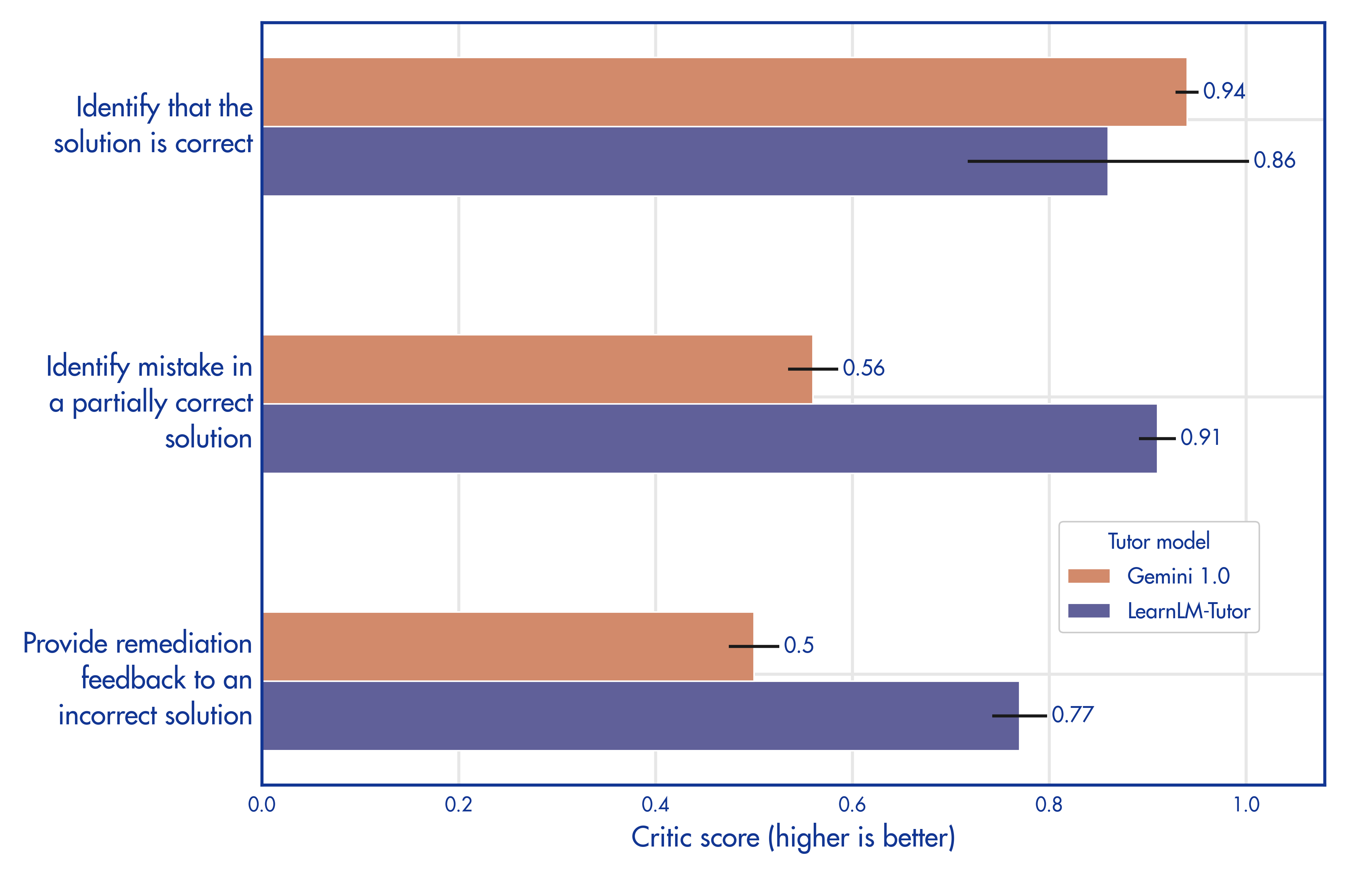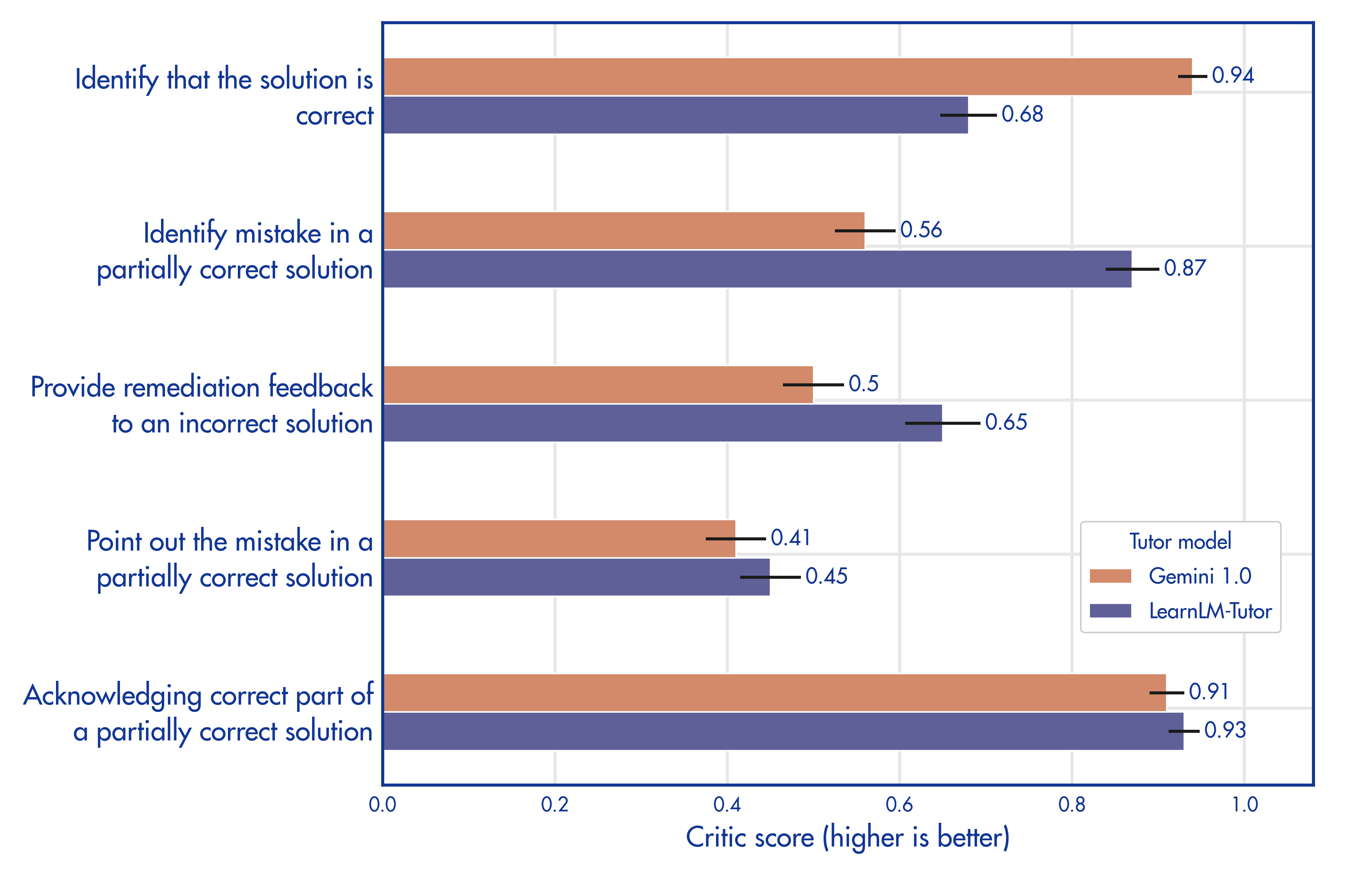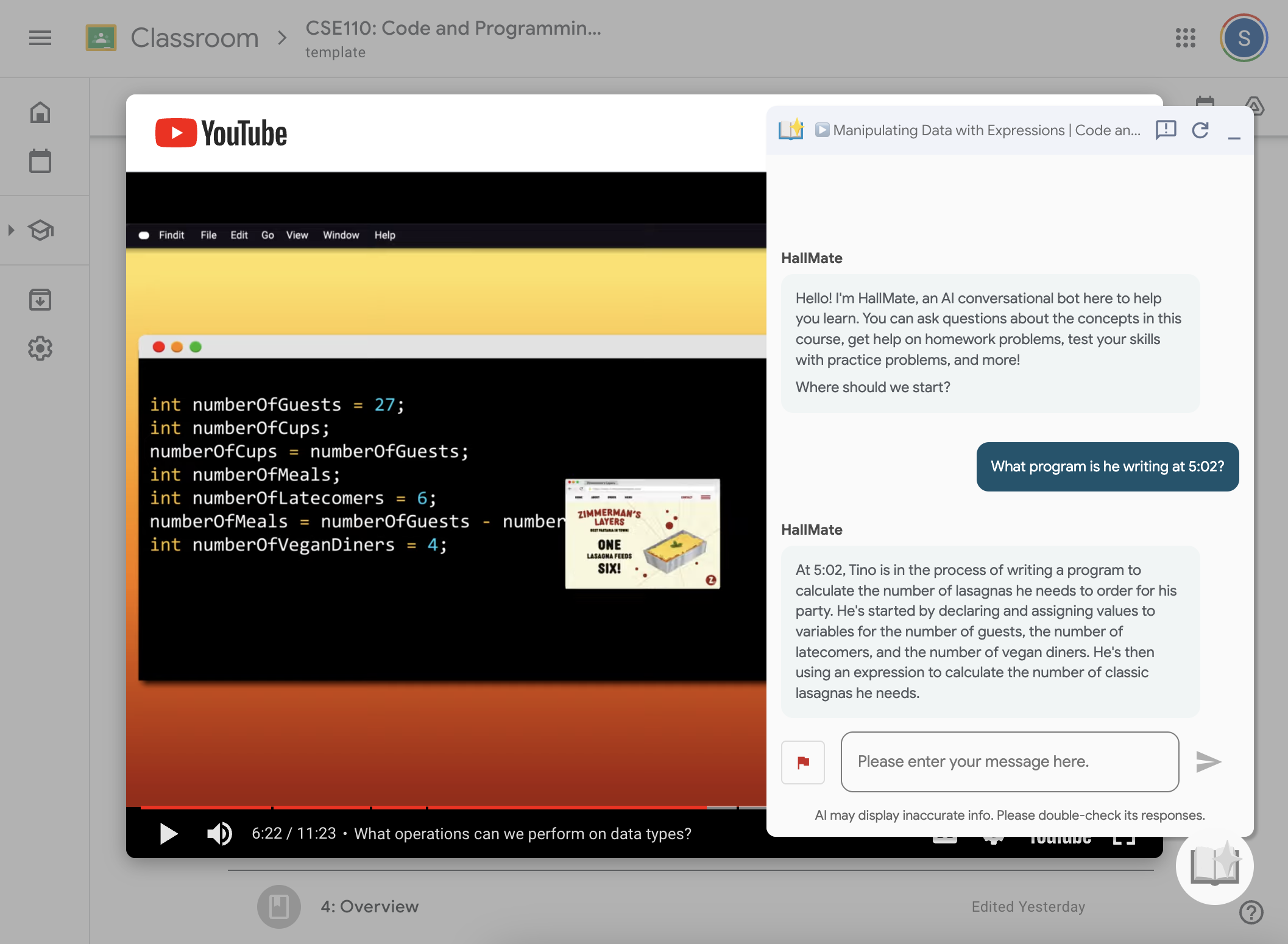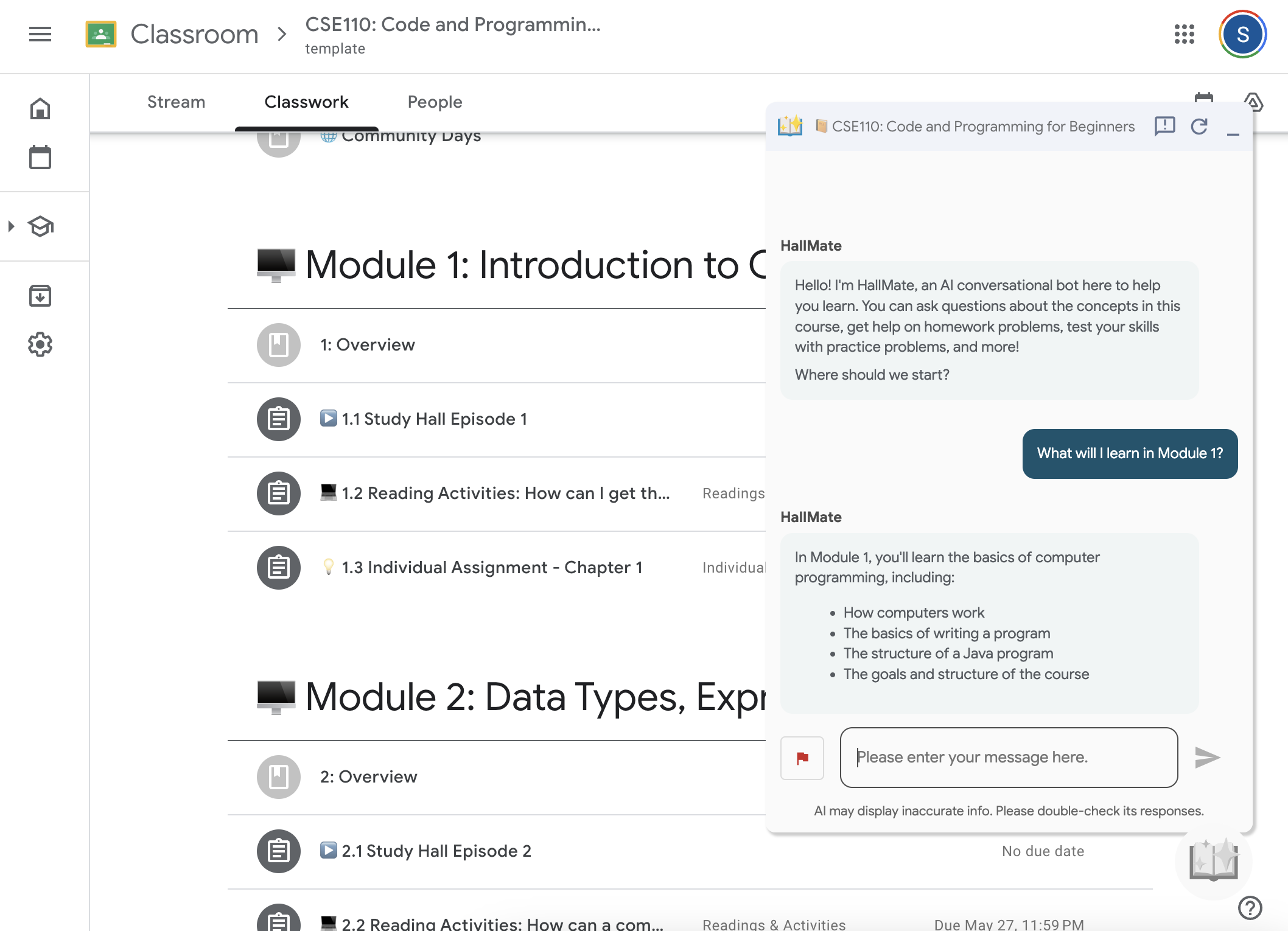Google unveils LearnLM, bringing generative AI to the classroom

Google has introduced LearnLM, a new family of AI models specifically designed for education and grounded in learning science principles.
Developed jointly by Google DeepMind, Google Research, and Google product teams, LearnLM aims to make teaching and learning experiences more engaging, personalized, and interactive, Google says.
The team says that while generative AI has already sparked a lot of discussion in education about its potential - and potential misuse - its positive capabilities have not yet been fully realized.
"We argue that this is primarily due to the difficulties with verbalising pedagogical intuitions into gen AI prompts and the lack of good evaluation practices, reinforced by the challenges in defining excellent pedagogy," the LearnLM paper says.
Google's paper introduces LearnLM-Tutor, a fine-tuned version of Gemini 1.0 that improves its teaching abilities compared to traditional prompt engineering using the base model.
It follows learning science principles like promoting active learning, managing cognitive load, adapting to learners, sparking curiosity, and improving metacognition, which is the ability to question one's thought processes.
In Google's own tests, LearnLM-Tutor beat the base model in all areas except classifying a solution as correct. But it did much better than Gemini 1.0 in things like finding errors in partially correct answers and giving corrective feedback for wrong answers.


LearnLM is already integrated into several products presented at Google I/O that users interact with daily. Google Search's "AI overview" allows users to tailor explanations to their preferred formats, such as simplifying language or breaking down concepts. The Android tool "Circle to Search" helps users solve complex math and physics problems directly from their phones or tablets.
YouTube also uses LearnLM for an interactive AI tool that enables learners to ask questions, receive explanations, and take quizzes while watching educational videos. Thanks to Gemini's extended context window, this works for longer lecture videos as well.

For teachers, LearnLM will support generative AI experiments in Google Classroom, simplifying lesson planning. Various features will help teachers find ideas and activities, discover engaging materials, and tailor lessons to individual student needs.

Illuminate turns papers into audio summaries that can be asked questions
Google is also introducing two new Search Lab experiments powered by LearnLM: Illuminate breaks down research papers into short, AI-generated audio conversations that summarize key findings. Users can ask follow-up questions about the content.
https://www.youtube.com/watch?v=WObTVMzIlzM
Learn About guides learners through each topic at their own pace, offering an interactive chat experience that includes images, videos, web pages, and activities. Learners can upload their own files and notes.
Video: Google
The company says realizing the full potential of generative AI in learning will require the AI and EdTech communities to work together. It's collaborating with institutions like MIT, Columbia, NYU, and Khan Academy to test and improve LearnLM.
Google is well-positioned to get its project off the ground. In the US in particular, Google provides millions of students with its Chromebooks through educational programs. If AI offerings like LearnLM are natively integrated there, they are likely to be used more by teachers and students.
AI News Without the Hype – Curated by Humans
As a THE DECODER subscriber, you get ad-free reading, our weekly AI newsletter, the exclusive "AI Radar" Frontier Report 6× per year, access to comments, and our complete archive.
Subscribe nowAI news without the hype
Curated by humans.
- Over 20 percent launch discount.
- Read without distractions – no Google ads.
- Access to comments and community discussions.
- Weekly AI newsletter.
- 6 times a year: “AI Radar” – deep dives on key AI topics.
- Up to 25 % off on KI Pro online events.
- Access to our full ten-year archive.
- Get the latest AI news from The Decoder.